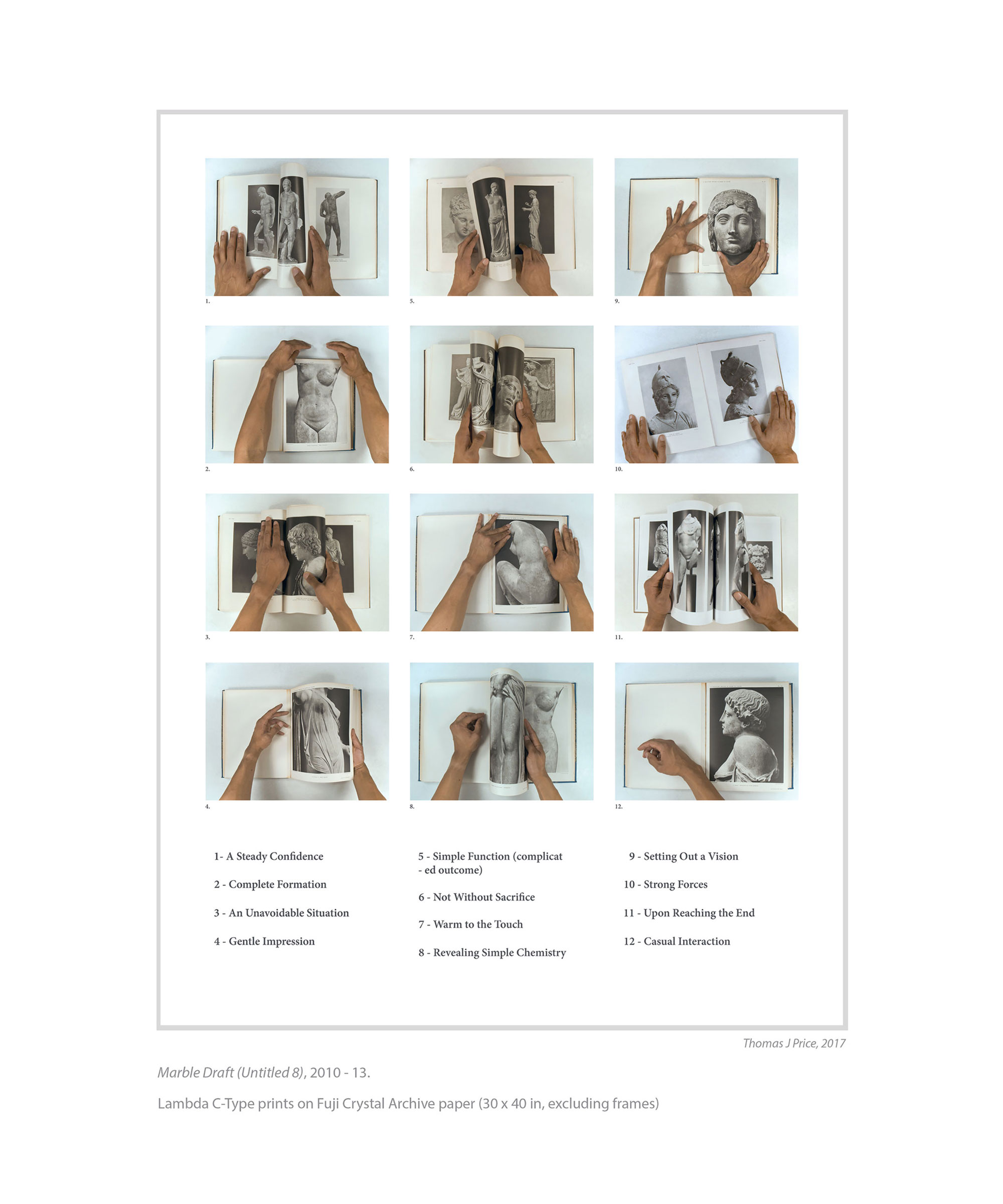The Octopus at the Camden Aquarium
Robin Gow
“You know if octopuses lived longer they’d probably rule the world,” I said to you while you cooked dinner on the tiny dorm-sized stove. You were making shrimp stir-fry and we’d just finished watching an episode of Blue Planet. We were making our way through all the episodes as the semester continued. I don’t think we ever actually watched them all. Maybe we missed “The Arctic Circle.”
“They’re just so perfect and queer,” I remember you saying as we lay down, observing a dumbo octopus scurry across the deep blue floor of the ocean.
I had never thought of the ocean as queer before I met you. What we were together existed between a few afternoons of stepping away from writing papers and doing French readings to join the water and all its queerness. Diving partners, then? Bubbles rising between our bodies, close in proximity.
Long after you’d gone back home, I would think about the way octopuses’ bodies move—their graceful suspension in water and the crisp clearness the videos captured, every bump and crinkle of their flesh and the undulations of their form.
In the one science class I took in college, I did a presentation on octopuses. It was specifically about how keen they are in learning: making simple machines, escaping from mason jars, and on occasion hollowing out coconuts as hats. I learned, while pursuing a swath of online sources, that octopuses have their brains all across their bodies. I tried to imagine what thinking with a whole body would be like, but the concept was absolutely alien.
Now, returning to the idea of our queer, saltwater bodies somewhere in the depths of a recorded ocean: I think that our brains might not be in our bodies, but I do certainly think with mine.
The Camden aquarium was our last date. I’m sorry that this writing is about you, but, in my defense, it’s more about the octopuses in both of us. I’m apologizing because we don’t talk, and you’ll likely never read this. There was a brief period of time where we were probably in love. It was at a distance, though, like watching the shadow of a whale and knowing it’s a beautiful, vast being beyond your comprehension. Up close it’s scary, and you’re afraid you’ll end up swallowed, a singular krill in the baleen. The whale isn’t either of us.
We pet the stingrays in the holding tank near the entrance of the aquarium. The room, plastered with posters of two fingers to indicate that you should only touch the stingrays with two gentle fingers while letting their bodies glide past your hand. That was the first moment I caught a bit of dissonance. I saw the stingrays making rounds about the tank, circling like race cars. No matter where they turned, they were likely to encounter the gentle brush of two extended fingers. There was a small, impossible area at the center of the tank where the rays could have escaped for a moment. They should have gone there but couldn’t—the rays ended up brushing up against each other’s bodies, gliding beneath our two fingers, extended.
You and I were both survivors of sexual violence, though neither of us talked about it beyond matter-of-fact statements. “I was raped, it was pretty bad,” I said when we had just started talking. This was before we went on our first date to the bookstore. “Just so you know.” No one should relay another survivor’s story, so I’ll just say, you felt the same.
The first time we tried to go to the aquarium, I popped my car’s tire in the parking lot of the dorm building. I thought it was just a slow leak, so we were halfway up the street before the car skidded off to the side of the road. We sat in the heat waiting for AAA, and you walked up the street to Wawa to bring me a water.
Our second attempt went more smoothly.
A brain throughout your body. I observed people reading us in the alien-blue glow of the tanks. To some, we were lesbians, and to others, I read as a man and therefore a straight couple. None of these were accurate, with you not being a woman and me not quite feeling like a man. I did have a moment in the women’s restroom where a woman told me I was in the wrong place. I was euphoric, and I didn’t tell you until the ride home. I felt guilty because the same kind of moments don’t happen for non-binary trans people.
We didn’t talk much between the exhibits. I took one picture of you in front of the tank with the sea turtles (the turtle drifted out of the shot before I could get out my phone).
In another hallway, we stood in front of a column of moon jellies, touching the glass that separated us from the water. Moon jellies are unique because, unlike many other jellyfish, they won’t sting if you touch them. Their pneumatoceles are not threatening to humans. And their bodies have a ghost-like glow to them.
“But they’re actually quite simpler in structure when compared to even something like a mushroom,” my coastal ecology professor once said of jellyfish. Sometimes science is disappointing.
I have always liked to think of every animal as having at least a degree of self-awareness. It sounds more ridiculous when I write it out. Even the ghost-like, shower cap jellyfish might be thinking, even in a distant way, about something.
Jellyfish don’t choose to eat or to sting; they react automatically when another creature collides with them. They are a sum of reactions. It would be simple to make a point that all creatures are, to some degree, a sum of reactions, but humans are too unpredictable and erratic. We would make terrible jellyfish.
We stood on either side of the tank. I saw your face warped by the jellyfish and by the blueish, illuminated water.
I found it sad that the jellyfish probably had little preference as to whether they lived in the ocean or the tank at the Camden aquarium.
When I’d surprised you with tickets to the aquarium, the first thing you’d asked was, “Is there an octopus?”
I replied, “Of course, there wouldn’t be a point in going if there wasn’t.”
The giant Pacific octopus has salmon-reddish skin and two silver dollar eyes; it is one of the largest octopuses in the world. I expected it to have a central exhibit like the sea turtles or the sharks or even the stingrays. We almost missed the octopus because of how off to the side the tank was: a round surface with the creature balled up in the corner like a hair scrunchie. She didn’t move, apart from the careful articulations of one of her small tentacle curls.
We both peered in. We were both disappointed, or at least I was. I pretended for you and for myself that I was experiencing some sort of awe standing before her, the surface of her skin undulating quietly in the dimly lit bubble. I felt a tinge of guilt to be the observer and her splayed out before us. You touched the glass and said, “She’s so beautiful, she’s so beautiful.” I didn’t say anything in response.
When I’d researched octopuses, I learned that they’re expert escape artists; in fact, most can sneak through a hole the size of a quarter because of how malleable their bodies are. YouTube shows an octopus sneaking out of her tank to grab snacks at night.
I wonder if she ever escaped like that or if she could or if she wanted to. Maybe she had many times before, futilely, of course, that she’d given up by the time we met.
“See one of the coolest exotic deep ocean creatures: the giant Pacific octopus. Many people are fans of the octopus, but few realize what an amazing animal it truly is,” reads the Camden aquarium’s website.
This isn’t about the ethics of animals in captivity, but my feelings, and the connection you and I feel to the octopus, cannot be divorced from that. We didn’t talk about this. It was a date, of course, so I wanted to focus on the positives. Throughout our last date the flicker between us faded. I have often thought it had something to do with my coming out as a man, but I know growing apart has do to with more than gender for people like us.
I never told you that I thought naively about releasing ocean animals into the nearby water—a kind of Free Willy scenario but with the octopus—as we crossed the Ben Franklin Bridge on the ride home. I thought also about the story by Julio Cortázar in which a man visits the aquarium everyday to watch the axolotls. In the end, the man finds himself staring out from the inside of the glass, maybe transformed or maybe imagining the world within the tank. I thought about trading spaces with the octopus, about living tucked in a corner while people watched in awe of my body.
The irony is I’m not sure the octopus would really prefer to be a bisexual, transgender man with chronic depression, OCD, and anxiety disorder. I’m not comparing our struggles, but it’s not exactly the same escape as tossing her out to the ocean. I imagine the octopus waking up and being like, “What the fuck is this?” as she touches the gray chest binder. She’d find the name on her ID cards wasn’t hers. She’d come to notice that even when people are trying to be nice to her, sometimes they say weird things like, “How’s the transition going?” or “Is it done?”
Done? Sigh.
This resonates with what Jamison Green, the trans educator, says: “I lose a bit more control of the use of my own story every time I tell it.” I keep a part of the octopus in me because its obscurity keeps a part of my queerness my own. I think it does the same for you.
People watch our bodies a lot as trans people, disappointed to find that the blueish worlds we live in have thick glass separations. Of course, that doesn’t stop them from tapping on the glass.
One of the happiest moments I think we shared together was when you broke up with me. It was about nine at night a few weeks before school was starting up again. You were really nervous. You said you had to tell me something, and I knew you were breaking up with me. No one just says they have to tell you something. I could have told you that I knew, but I thought it would feel better to let you do it yourself. I smiled to make my voice sound less hurt, and I said, “It’s okay. That’s okay. I understand.”
It was like me breaking up with myself. “I’ll be fine, don’t worry about me, you have to do what you want with your life. I’m proud of you for telling me.”
A few weeks after we went to the aquarium, I went with my dad and my little brother. I purposefully avoided the octopus. We stuck to sharks and piranhas. They’re also in captivity, but there’s something about the way society has constructed them that I don’t feel the same kind of longing as I feel for the octopus.
The thing unanswered: what is our ocean, then?
Where do we escape as we contort ourselves, sneaking through crevasses and creases? Into the cold water of the Delaware River, where the environment won’t sustain us?
I don’t believe in queer utopias because there aren’t any, and there won’t be queer utopias tomorrow when I wake up in my small, one-window dorm room. I do, however, trust octopuses. I believe in octopuses, and I’m sorry. I should visit the one at the aquarium again, standing back from the glass. What kind of apology do we give her?



